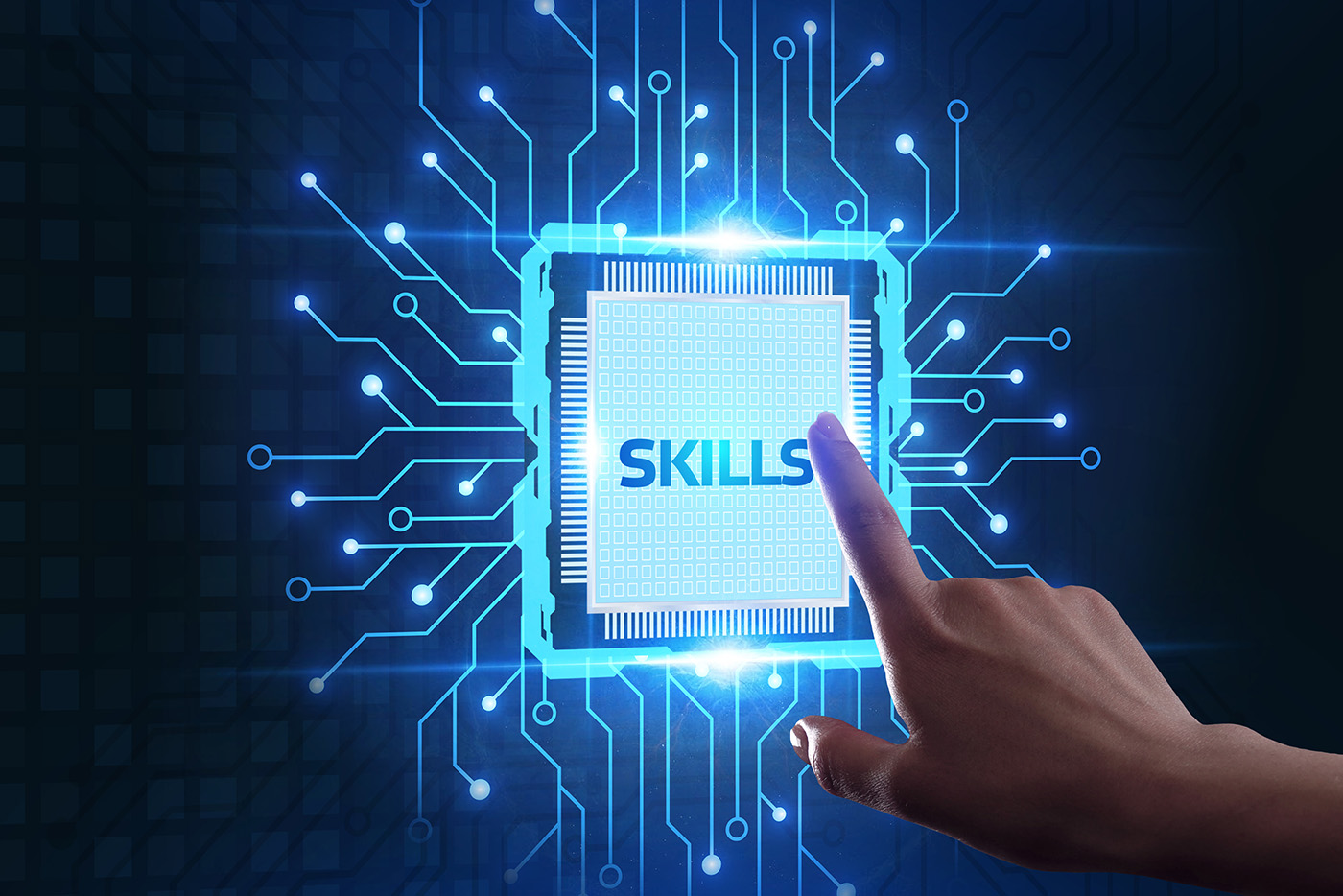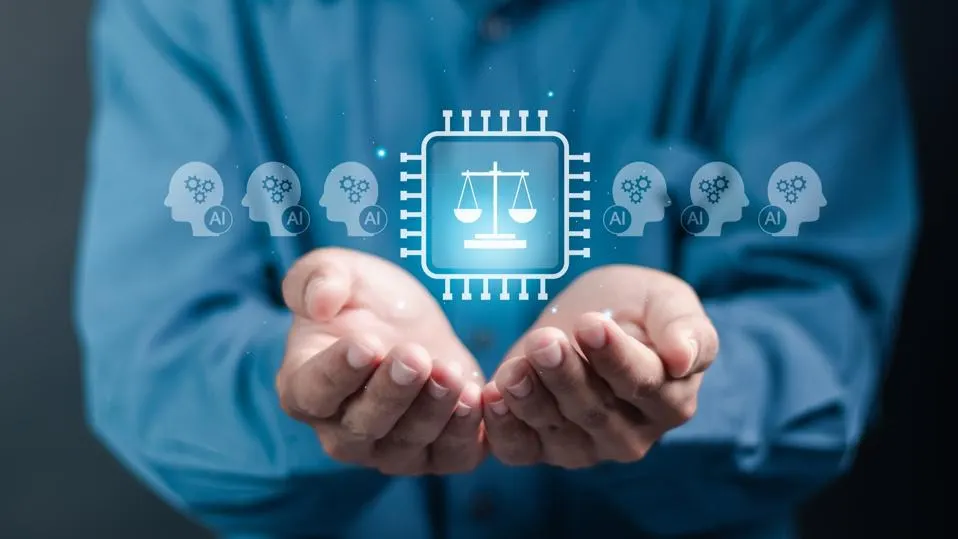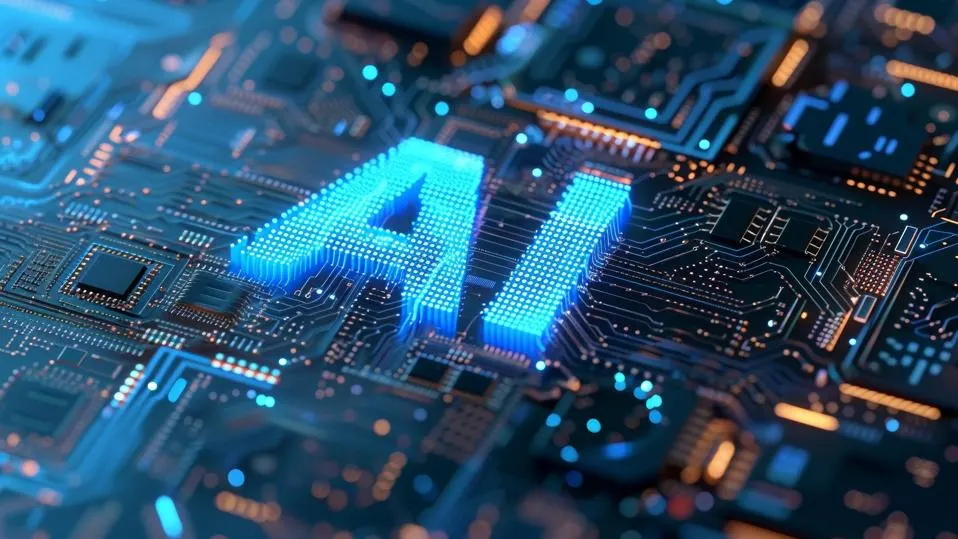The 4 Digital Skills Everyone Will Need For The Future Of Work
1 August 2022
A recent report by the Institute for the Future, in partnership with Dell, predicts that 85% of jobs that will be available in 2030 haven’t been invented yet.

Sound unlikely? I don’t think it’s as crazy as it seems, especially when we think of everything that has changed in the last ten years, like social media, artificial intelligence, and automation.
The work human beings do will continue to shift as some jobs become obsolete and new jobs emerge – and the experience and skill set we'll need in the future look very different from the ones we need today.
Soft skills will grow in importance as the demand for the things machines can’t do continues to increase. However, the ability to understand and work confidently with technology will still be critical.
With that in mind, here are four digital skills you need to cultivate to thrive in the new world of work:
Digital Literacy
Digital literally refers to the skills needed to learn, work, and navigate our everyday lives in our increasingly digital world. When we have digital literacy skills, we are able to interact easily and confidently with technology. This means skills like:
- Keeping on top of emerging new technologies
- Understanding what tech is available and how it can be used
- Using digital devices, software, and applications – at work, in educational settings, and in our everyday lives
- Communicating, collaborating, and sharing information with other people using digital tools
- Staying safe and secure in a digital environment
Data Literacy
We're currently right in the middle of the fourth industrial revolution, a movement that is defined by many waves of new technology that combine digital and physical worlds. For instance, you've probably noticed the flood of "smart" everyday devices on the market today, from watches to thermostats that are connected to the internet.
All of that new technology is underpinned by data – and that’s why data literacy is one of the critical skills we’re going to need in the future.
Data literacy means a basic ability to understand the importance of data and how to turn it into insights and value. In a business context, you’ll need to be able to access appropriate data, work with data, find meaning in the numbers, communicate insights to others, and question the data when necessary.
Technical Skills
“Technical skills” is a broad category these days – it’s not just IT and engineering skills that will be needed in the workplace of the future. As the nature of work changes and workflows become more automated, a wide variety of technical skills are still enormously valuable.
In essence, technical skills are the practical or physical skills needed to do a job successfully. Demand for these skills goes far beyond coding, AI, data science, and IT – although admittedly, those skills are indeed in very high demand. If you’re a plumber, you have technical skills. Same for project managers, carpenters, nurses, and truck drivers.
We will need more specific technical skills in every industry as new technologies come on the scene, so you should be prepared to continually learn and focus on professional development through a combination of training, education, and on-the-job training.
Digital Threat Awareness
Cybercriminals are getting smarter and more nefarious as the world becomes more digital. This means new threats that could have enormous impacts on our personal and professional lives.
Digital threat awareness means being aware of the dangers of being online or using digital devices and having the tools you need to keep yourself and your organization safe.
With so many of our activities happening online (from making doctor’s appointments to ordering Friday night takeaway) happening online, our digital footprints are larger than ever.
Digital threat awareness means understanding the biggest threats in our everyday lives, including:
- Digital addiction
- Online privacy and protecting your data
- Password protection
- Cyberbullying
- Digital impersonation
- Phishing
- Data breaches
- Malware, ransomware, and IoT attacks
In general, lowering the risks of these digital threats means we all need to develop a healthier relationship with technology and teach others how to get the most out of tech and have it enrich our lives without being dominated by it.
Related Articles
How You Become Irreplaceable In The Age Of AI
In a world where artificial intelligence is rapidly advancing, many of us are left wondering: Will AI take our jobs?[...]
Why Apple Intelligence Sets A New Gold Standard For AI Privacy
In the rapidly evolving world of artificial intelligence, privacy concerns have become a hot-button issue.[...]
Can Your Device Run Apple Intelligence? What You Need To Know
Apple's announcement of Apple Intelligence has sent waves of excitement through the tech world.[...]
10 Amazing Things You Can Do With Apple Intelligence On Your IPhone
Apple Intelligence is poised to revolutionize the iPhone experience, offering a suite of AI-powered tools that promise to make your digital life easier, more productive, and more creative.[...]
Agentic AI: The Next Big Breakthrough That’s Transforming Business And Technology
The world of artificial intelligence is evolving at a breakneck pace, and just when you thought you'd wrapped your head around generative AI, along comes another game-changing concept: agentic AI.[...]
Sign up to Stay in Touch!
Bernard Marr is a world-renowned futurist, influencer and thought leader in the fields of business and technology, with a passion for using technology for the good of humanity.
He is a best-selling author of over 20 books, writes a regular column for Forbes and advises and coaches many of the world’s best-known organisations.
He has a combined following of 4 million people across his social media channels and newsletters and was ranked by LinkedIn as one of the top 5 business influencers in the world.
Bernard’s latest book is ‘Generative AI in Practice’.










Social Media